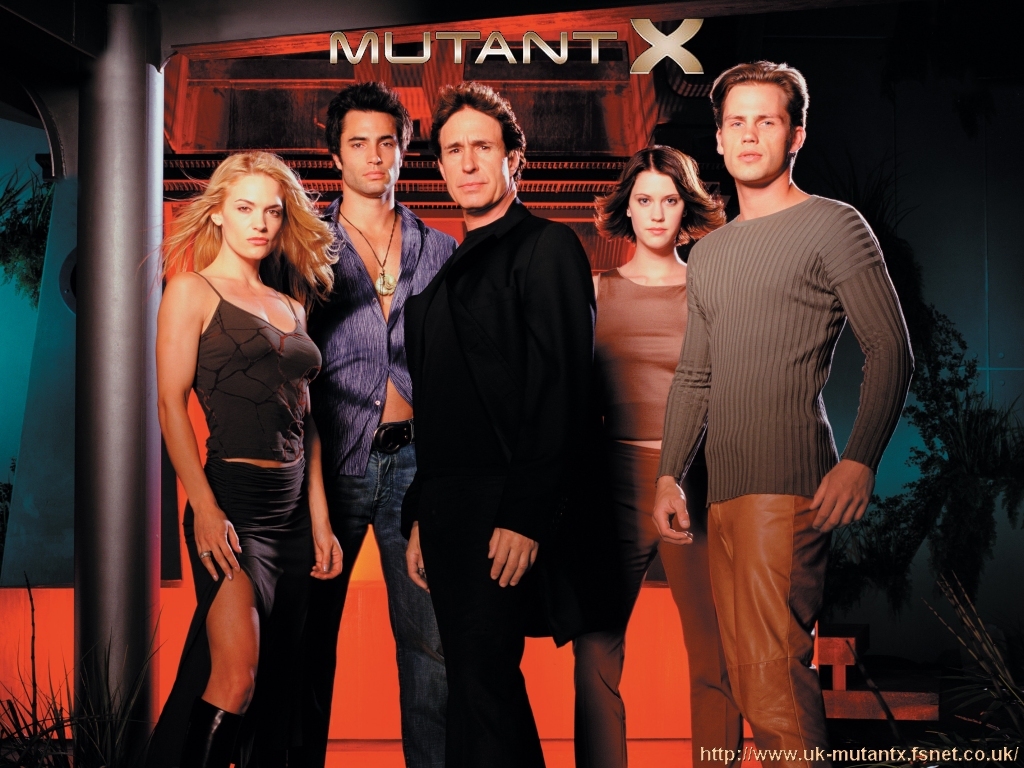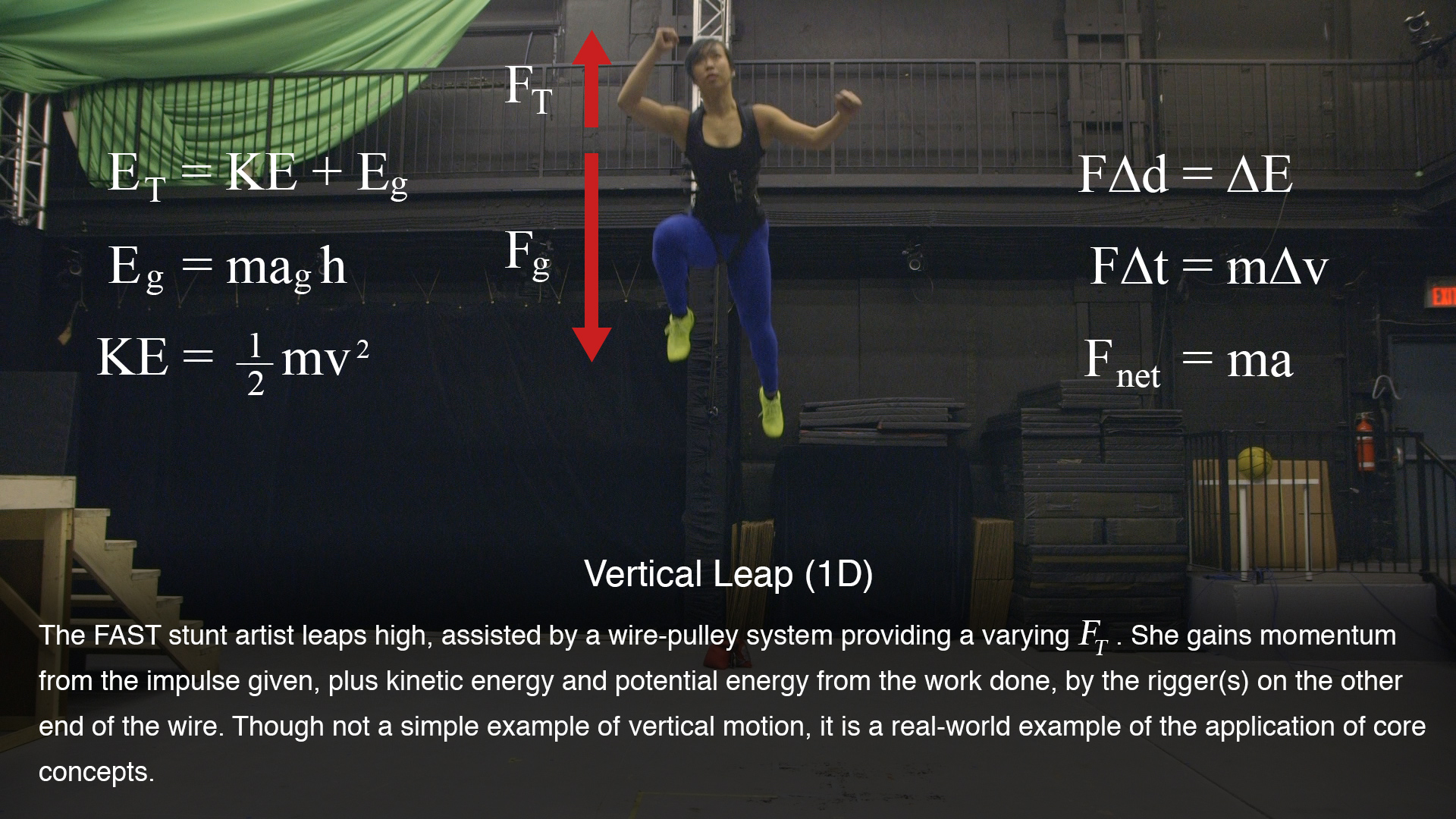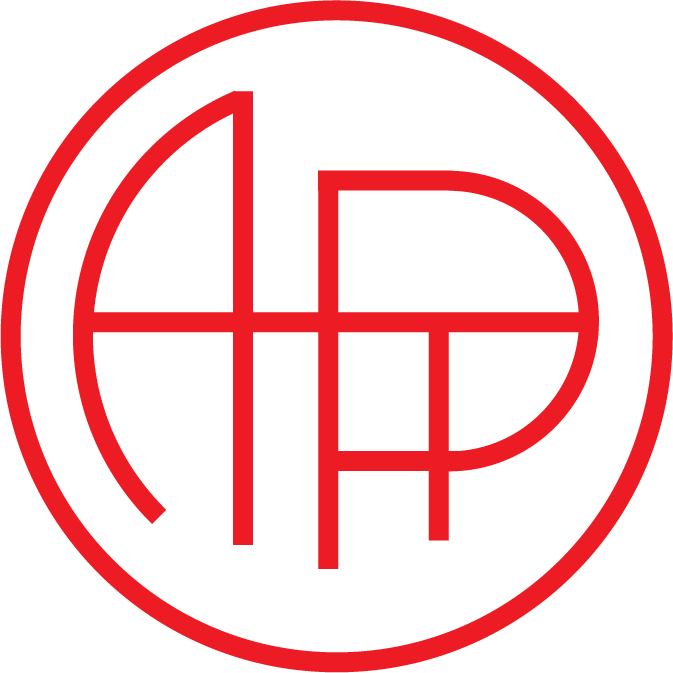Sarah Grimes, Justin Findlay, Dave Doucette, Physics Teachers
Movies, television and video games are awash with heroes, villains and their super-sized cousins. As media consumers, we are captivated by seemingly impossible feats of physical prowess. In fact, they are more than seemingly impossible — they are literally impossible. The magic of cinema coerces us to suspend disbelief and accept the impossible as plausible. How is this done?
With CGI, pulleys, wire-rigging and physics! The magic seen in
Mutant X,
Lost Girl and other programs was combined at FAST (Fight Action Stunt Team) Motion Studios in Toronto, a highly experienced international team of stunt action coordinators, artists and riggers. Students can visit the studio and experience the process first-hand. While there, they will make connections to the physics they’ve learned and will be exposed to career opportunities in a recession-proof industry.

 Mutant X, TV series (2001-2004)
Mutant X, TV series (2001-2004)
Our classes loved this field trip. They — and we — were impressed by the quality of the studio and the team that works there. This is a space where movies and television programs are designed and where internationally known actors come to work and film.
The physics concepts were connected to the stunts through small-group discussions of multiple-choice questions. Our students really engaged with the ideas and even continued to discuss them when we came back to school. They loved using the wire-rigging and there was an audible gasp when the first student went up in the air. They couldn’t wait to share the videos of their scenes with their parents and friends.
As our students heard the stories and worked with the riggers they also became aware of the wealth of job opportunities in this field. One grade 11 student has changed her entire career pathway as a result of her experiences on this trip. It may seem surprising that the stunt industry is anchored by physics and engineering. But most stunt action coordinators and performers regret not having a deeper STEM background, especially in engineering. The field is perfectly tailored to the problem-solving and innovative mindsets of physicists and engineers. This multi-billion dollar Canadian industry requires an influx of young STEM talent to sustain— preferably to grow — the crew-base necessary for future productions.
The FAST Physics Program
The west-end Toronto studio provides a 2.5 hour workshop for classes of up to 40 students. A lesson, connecting expectations for Ontario physics courses to the wire-rigging experience, is conducted by an award-winning physics teacher, Dave Doucette (2013 Canadian Association of Physicists Award for Excellence in Teaching High School Physics). The students are introduced to basics of stunt action — movement, stunt acting and safety — followed by experience on wire-rigging apparatus.
Classes divide into five teams to act and film a 10-15 second action sequence. One team member is outfitted with a rigging harness to carry out 1-2 stunt movements or gags. These form part of a scenario that the team creates prior to attending. Other team members complete the support cast of stunt artists. Professional riggers, operating the pulley system, help refine the action sequence, sharing their wealth of authentic industry experience.
After rehearsing, the sequence is filmed by students using phones, tablets and/or cameras. Filming is repeated until a suitable ‘take’ is obtained. Teachers are encouraged to revisit this footage in class, using the stunt action context to reinforce physics concepts such as motion, forces, momentum and energy conservation.

 Lost Girl, TV series (2010-2016)
Lost Girl, TV series (2010-2016)
How Do Teams Prepare a Scenario?
The students preview a selection of stunt gags and draft an action sequence prior to arrival at the studio. The four possibilities movements are; pendulum motion, vertical leap (1-D), projectile motion (2-D) and circular motion. These options and further details of the format of the field trip are shown in this 5-minutes video.
Once the students arrive at the studio their action sequence is fully scripted and rehearsed with the experts. Finally, it is recorded several times until a suitable take is obtained.


The video also includes production footage from projects involving the FAST team. These clean excerpts — wires digitally removed in postproduction — illustrate the process of moving from wire-rigging to big-screen product. Cinema magic — not from a wand but a wire!
The video not only informs classes as to the field trip format, but articulates to students, teachers, parents and administrators the clear connection to curriculum and pathway planning:
“Experiential learning assists students' learning transfer; that is, it helps students see connections between course content and application in other contexts…Students are more engaged, motivated to learn, and successful when they connect what they are learning to situations they care about in their community and in the world. Research has also found that experiential learning that takes place in the community contributes to the development of 21st century competencies."
Ontario Ministry of Education, Community-Connected Experiential Learning Draft, 2016
We could not agree more. Our field trip was based upon these precise themes. Ontario youth are passionate consumers of entertainment content — we hope to inspire more of them to also become producers. Not only is it a creative, rewarding pathway for students, this growth industry bolsters financial prosperity for the province. Lights, camera, action!
What Are The Costs and How Do I Book My Physics Class?
The cost per session is $650.00 (plus HST) for a class of up to 40 students. Booking is done on the FAST Motion Studios (FMS) website, under physics workshop:
http://www.fastmotionstudios.com/physicsworkshop/ A link to a
Field Trip Registration Form is near the bottom, centre of the page. Teachers select a primary date and a backup date and the FMS STEM Education Director will check availability. Although FMS is a busy working studio, President Paul Rapovski has made the field trips a priority and will shift filming schedules, where possible, to accommodate classes. So far all class requests have been accommodated!
If you require further information, contact:
Dave Doucette, FAST Motion Studios, STEM Education Director.
Tags: Field Trip, Motion




